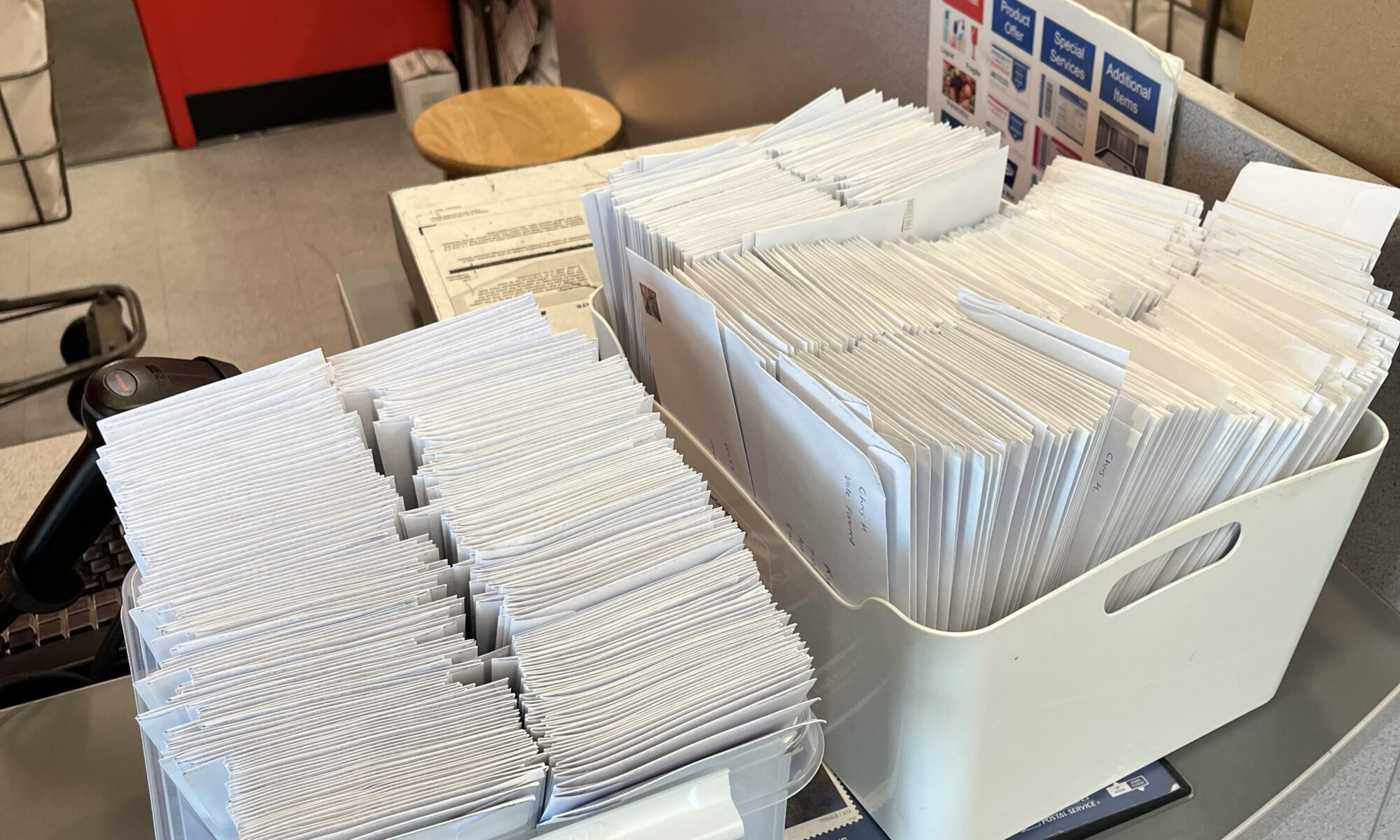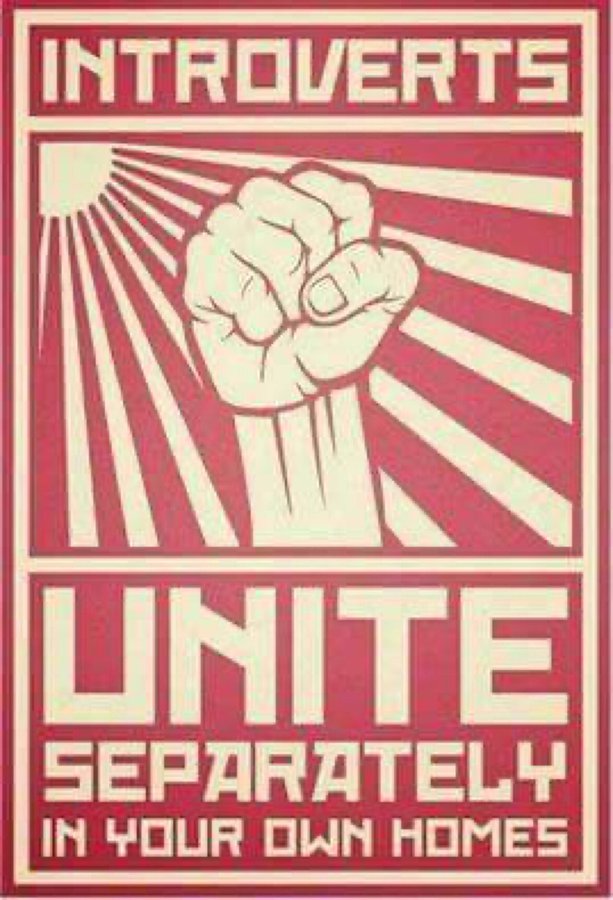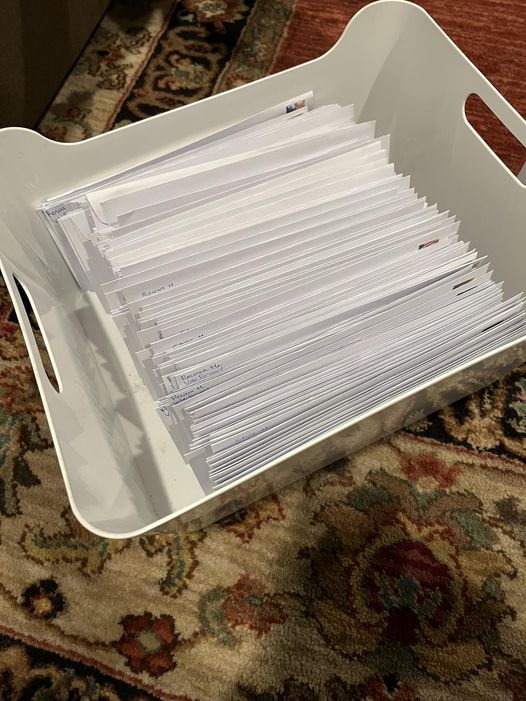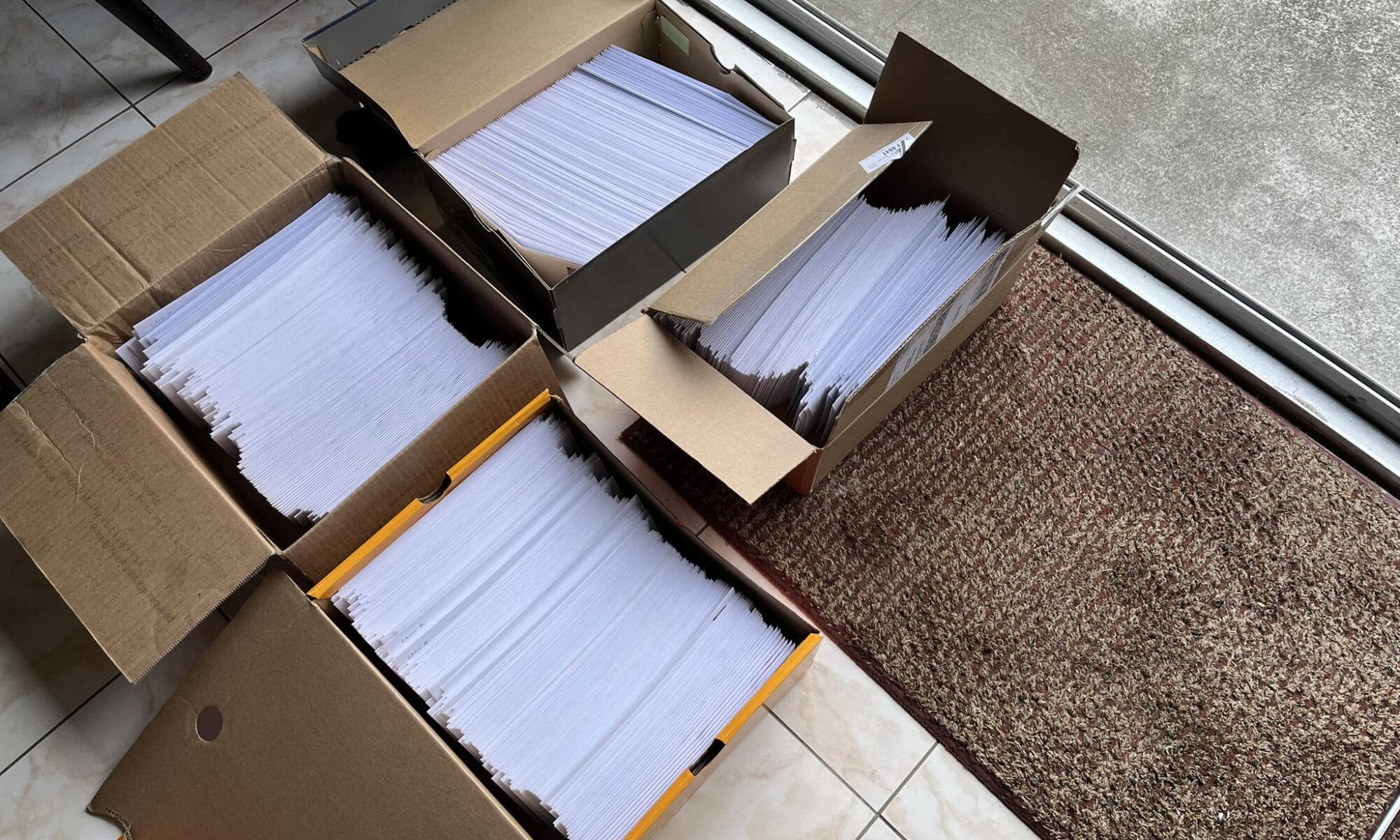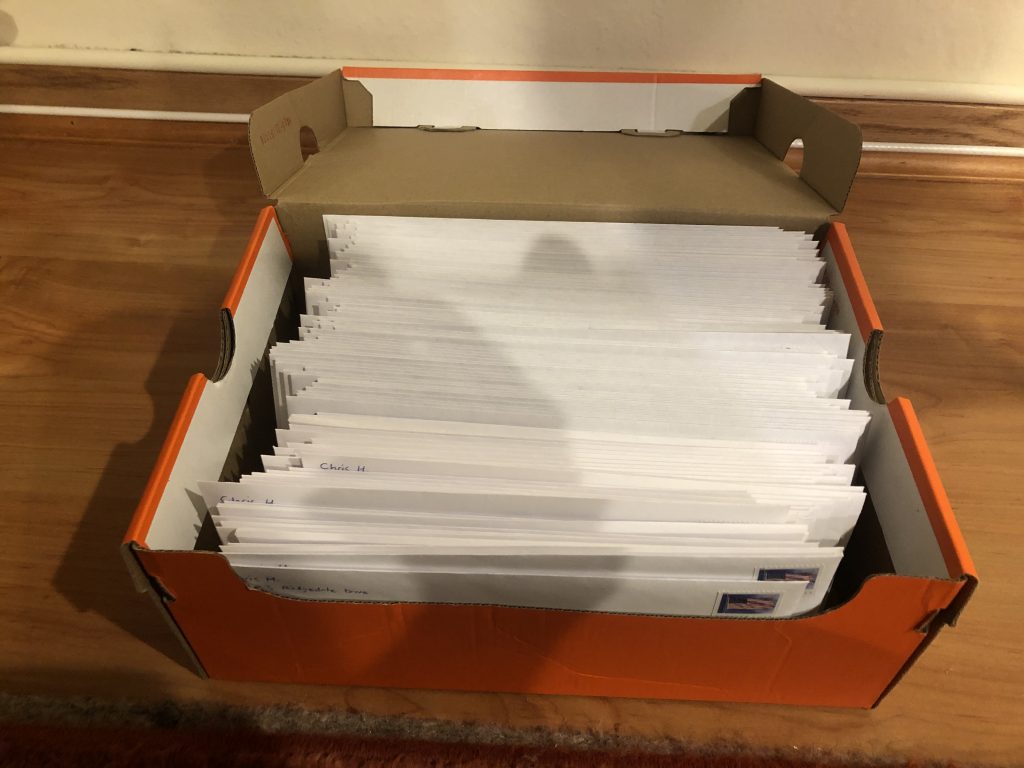New Year’s is the time of the obligatory retrospectives, and I am not immune to the call of tradition. My writer friends are posting lists of the short stories they sold, or the final page of their manuscript’s rough draft, and other celebratory milestones. It makes me take stock and think about how much I’ve done… and also, how little.
Last year at this time, I was riding high with 75,000 words of my manuscript in the can, and a goal of 130,000 or so. But when 2024 ended, I counted it up and found I only reached the 93,000 mark. Honestly, as writers go, that’s not a lot of improvement. Sure, some of it required research, and it’d be hard to write a novel about a presidential campaign without seeing the new political landscape determined by November 5th’s election, but it made me ask, what happened? Was I just, as Brian Michael Bendis put it in Fortune and Glory, “the suckiest suck-ass in the history of sucking?”
On New Year’s Eve, I spent some time with the accomplished Whitney Beltran and a few other luminaries in the TTRPG space. Rather than just making up a sentence or two for resolutions, she had us fill out a party activity/personal growth booklet called YearCompass. It’s like 15 pages of conversational material about what you accomplished and what you didn’t, and it opened my eyes enough for an in-depth retrospective.
So Where DID the Time Go?
Part 1: Health
Well, I came closer to being the subject of a meme than I ever wanted, even before the term “brainrot” was a thing…

In January I had the double-header of dislocating my knee and getting laid off. My priorities had to be getting out of my leg brace so I could resume being able to drive, and then later, walk unassisted. Though I was able to get around without a crutch by the time of the Game Developer’s Convention in March, I still had an 11mm chunk of cartilage floating around in my knee. I got it removed via surgery June 5th or so. I lucked out and didn’t need donor cartilage. My surgery recovery was a lot shorter than expected, but still, the knee didn’t hold weight for a few weeks and it took a bit out of me. The rest of the family didn’t get off scot-free, either: besides having to help out with the things I couldn’t do, we also had a broken foot and some illnesses in the mix.
Part 2: Doing Those Adult Things
In case you haven’t been following the state of the video game industry right now, it’s at about a 20% unemployment rate. The Great Depression, at its height in 1933, was 24.9%, so while it’s not the literal worst it could be, it’s comparable. The least common positions to be hired? Game Designer and Narrative Writer. So believe me when I say when I got laid off from Airship, I didn’t know if I was going to get a gig in weeks, months or years.
Fortunately, I shmoozed to the best of my ability at GDC, and got a 13-week contract, writing for an adorable little New York startup called ThrivePal. I worked on a game that has yet to be announced… and then my contract was up. Back I went into the mix, and wound up at Eram Games, a Jordanian company working on another largely-unannounced project. As of now, my duty there is done and I’m back out on the streets.
Simultaneous with all of this was the discovery of mold in our house. Not only could we not live in it while it was being stripped and reconstructed, my wife found a new place that came on the market that fit a lot of our criteria. We could do a down payment, get a loan, put the old house on the market, and because it had appreciated in value (other than the mold), we could pay down the new place enough so that the mortgage was back to a sane level. Provided the old place sold. Right?
Actually… yes.
I was scared out of my damn mind with what we call “provider panic.” I thought the old house wouldn’t sell, or not at a level that the numbers would work, but they did. Was that the end of our crazy ride? No, not by a long shot. This year my son had a bar mitzvah in the middle of all this, and my daughter graduated high school, got her first summer job, and went off to college.
Part 3: Electioneering
As I wrote a few times this year, I was also hell-bent on writing literally hundreds of letters to eligible voters and tried my hand at recruiting new ones in person. I went to a local mall to register voters and took a bus trip to a nearby swing state to knock on doors. And, come November 5th, all of it was for nothing.
Well, not quite. I kept at it after the election, doing ballot curing by phone. In some incredibly tight races, we helped swing a Senate seat. So that’s not nothing, exactly, particularly if the other side has any infighting during their votes over the next two years. And, of course, this all meant I had a clearer view of a presidential campaign, which is the subject of Civil Blood’s sequel.
Part 4: Personal Writing
During the election, there was a part of me that had another gut check, because the tone of my novel could seriously need to change one way or the other. I’m trying to avoid writing something ripped from today’s headlines, because I’m aiming for the feel of a future time rather than five minutes ago. So some of my procrastinating was because I wanted to see how November 5th turned out.
I also got distracted by the chance to sell some short fiction. I wrote, revised, and polished two short stories, “Prisoner of the Freest World” and “A Jones For Your Affection,” each targeted to separate small-press anthologies. And will you be seeing them?
No.
No, you will not.
After writing, getting feedback, rewriting, and submitting the stories before the deadlines, neither anthology got enough quality submissions to launch. It’s theoretically possible that some magazine might like the material, but I’ve done a lot better with anthologies than I have with magazines that don’t specify what exactly they want.
So in many ways, this year hit me, over and over again. But I’m gonna take the “growth mindset” option here and count what blessings I do have, because my life could be a lot worse.
So What Was That Parable?
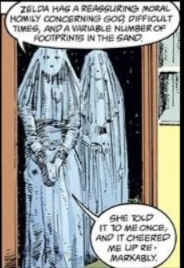
Chantal and Zelda’s homily is nice, but I was always partial to the story of Thor, Loki, and the giants who tested him.
For those that don’t recall, Thor and his pals journey to Jotunheim and meet Utgard-Loki, the king of the giants. Utgard-Loki asks Thor to wrestle his decrepit old grandmother, drink from their mead-horn, and try to move the giants’ sleeping cat. The thunder god who has no equal struggles to do each, and only afterwards finds out he was tricked by the giants’ illusion magic. He was actually wrestling Old Age, drinking the sea, and trying to move the coil of the Midgard Serpent.
The lesson here is that though you may beat yourself up for a lack of success, you might not be considering the reality of how difficult your struggles might be.
In trying to summarize my last year to Whitney and her friends, I mentioned I was feeling down because of how little I accomplished. Part of the YearCompass asked “What are you most proud of?” And I wasn’t sure.
Then Beth, one of the participants, said something to the effect of, “Well, if I were you, I’d put down ‘resilience.'”
So, I haven’t succeeded as much as I’d like to have, but I’ve been someone my family can rely on while we got hit with a few crises. I needed help with physical damage, but at least I held it together emotionally. And if you did, too, remember that in a year like 2024, that wasn’t a given.
Looking to the Future
Okay, so let’s give the forward-looking goals, if not actual resolutions.
- I want to get employed again. With the game industry as grim as it is right now, I’m looking both in and outside it. That means training for alternative professions if I have to.
- I want to finish the rough draft of Civil Blood’s sequel. Not necessarily a draft good enough to show other people yet. The rough draft is, in the words of some writer or other, “being able to tell yourself the story, before you can tell it to anyone else.”
- If I find myself with free time, I’m going to polish my portfolio. I have samples for various formats that aren’t represented, and I can write more, so that page may be built up in the coming days.
- I’m learning about SEO optimization, so perhaps this site will have some more visitors as I experiment and implement my new knowledge.
- I haven’t decided yet on what I want to do with my social media presence. I want to cut down the number of hours a day I look at it, while also making myself visible on BlueSky, where I’m growing a following.
- I may post more about my martial arts hobbies, which I haven’t mentioned on this page yet. I’m experimenting with Chen family tai chi, which is not as combative as some of the other arts I’ve studied. But it’s aces at rebuilding leg strength!
So let’s ring in 2025, and brace ourselves, ’cause we may need all the resilience we can get.

